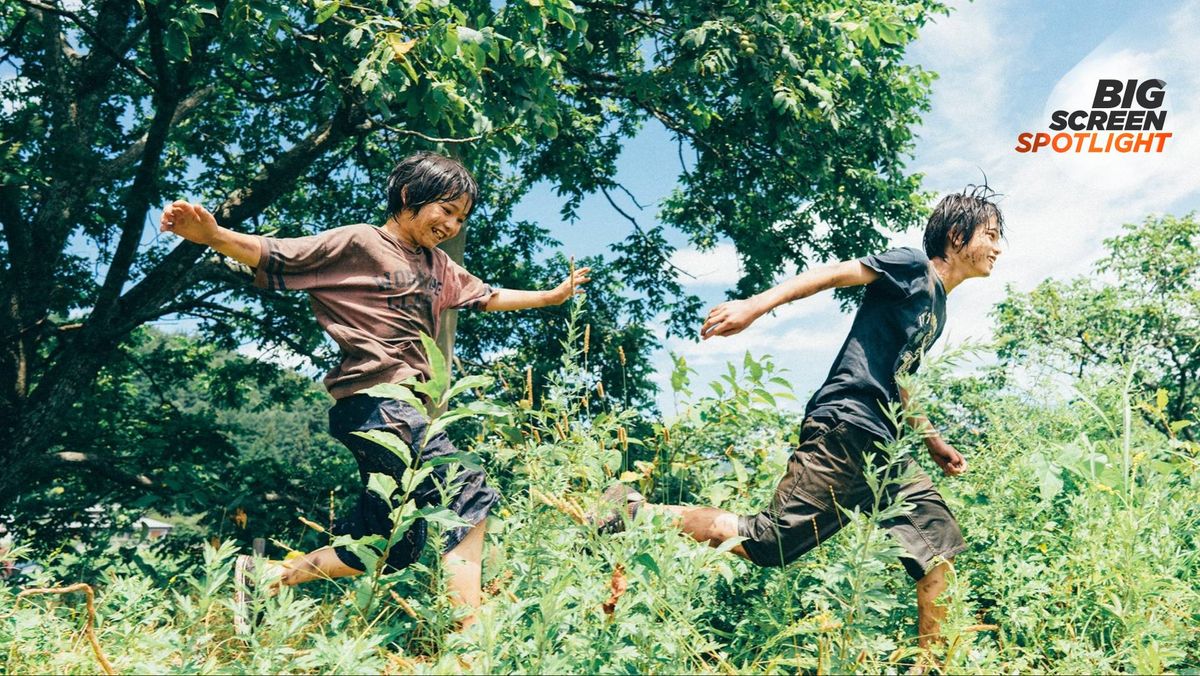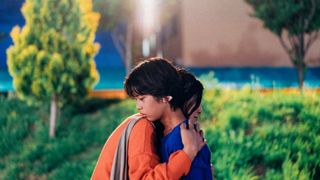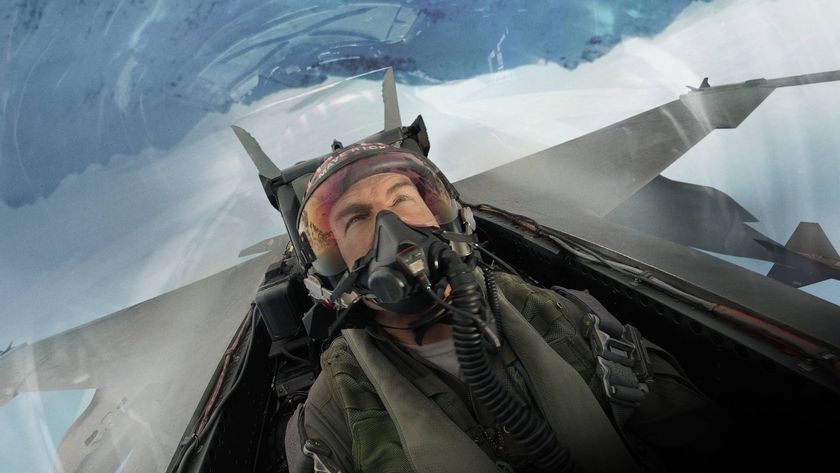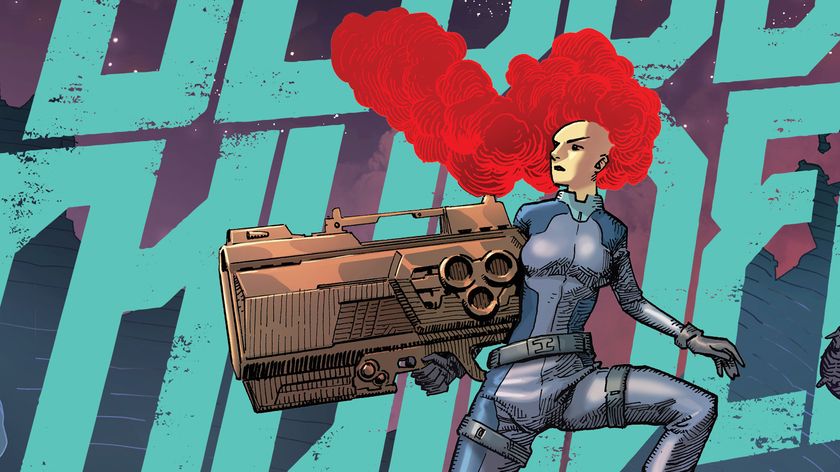A new Japanese thriller with a near-perfect Rotten Tomatoes score is a quietly searing depiction of childhood
Big Screen Spotlight | Hirokazu Kore-eda's latest explores the tenderness and cruelty of childhood with a Rashomon-style narrative structure

What does it mean to be a monster? There are several kinds of monsters in Hirokazu Kore-eda's latest film, or, more accurately, several kinds of monstrous feelings.
Set in an anonymous town in rural Japan, Monster opens with widowed single mother Saori (Sakura Andō) who's worried about her son Minato (Sōya Kurokawa) after he starts behaving strangely: he comes home from elementary school with a bloody ear, disappears in the night, and jumps out of a moving car. When he blames his teacher, Mr. Hori (Eita Nagayama), Saori storms into the school and demands apologies and dismissals, but the truth isn't quite as simple as it first appears and the key to decoding Minato's behavior appears to be Yori (Hinata Hiiragi), a bullied outsider in his class who forms a bond with Minato.
Shining a light on the under-the-radar theatrical releases that you need to know about, with a new article every Friday
Monster employs a Rashomon-style narrative: the first act of the film is from Saori's point of view, then the second shifts to teacher Mr. Hori, and, finally, we switch to Minato's, and the disjointed events we've seen so far finally click into place. It's not a narrative device you might expect from a drama about young children, and the script's ingenuity and screenwriter Yuji Sakamoto won Best Screenplay at Cannes Film Festival when the film premiered last year.
Emotional debris

Although Minato and Yori's relationship is tender and innocent, this is a film about the unbearable cruelty of children. "It's a warzone," one teacher jokes when asked how his new first grade class is going, but he's right, and the way Yori is treated by his classmates as others stand by and silently watch is uncomfortable to watch. Kore-eda's work often tackles familial complexities, from 2008's Still Walking to 2013's Like Father, Like Son and 2018's Shoplifters, so he's no stranger to directing child actors, and Kurokawa and Hiiragi's subtle, heartbreaking performances as kids trying to make sense of their lives are testament to his skill behind the camera.
Going hand-in-hand with its depictions of juvenile cruelty is the way Monster captures the raw and unbearable overwhelm of childhood emotion. Nothing makes sense when you're 10 years old, and the film's narrative structure reflects that. Minato struggles to process how he feels about Yori and has no way of expressing them; there's nowhere for them to go. Internalization breeds shame, which mutates into anger and fear. It's visceral, but silent – Minato doesn't raise his voice and there's no shouting, screaming, or arguing with his mother but his unhappiness and unpredictability still hurts her as much as any fight. His accusations against Hori seep into the teacher's personal life, too, creating ruptures in his relationship with his partner. Minato's choices ricochet off other people, leaving emotional debris in their wake.
For all the film's internal struggles and evolving points of view, it's bookended by something much more explosive: natural disasters. Monster opens with a fire, an act of arson on a hostess bar that becomes the anchoring event of the film, signaling a return to the beginning of the story and a shift in point of view, and the film climaxes with a typhoon that sees Minato and Yori at the mercy of the elements.
Fires, typhoons, and mudslides seem easy to understand compared to kids' emotions, feelings that come fully formed but without the self-awareness or language to process them. Both natural disasters and children's behavior are unpredictable, but only one of them makes sense in the world we live in.
Sign up for the Total Film Newsletter
Bringing all the latest movie news, features, and reviews to your inbox
Monster arrives in UK cinemas on March 15. For more on what else you should be watching at the cinema, be sure to check out the rest of our Big Screen Spotlight series.
I’m an Entertainment Writer here at 12DOVE, covering everything film and TV-related across the Total Film and SFX sections. I help bring you all the latest news and also the occasional feature too. I’ve previously written for publications like HuffPost and i-D after getting my NCTJ Diploma in Multimedia Journalism.
Most Popular









